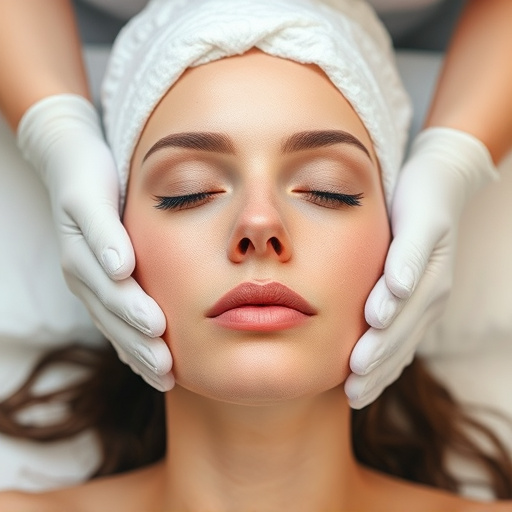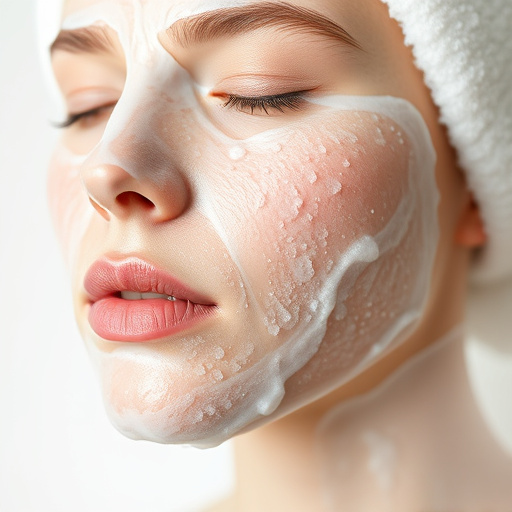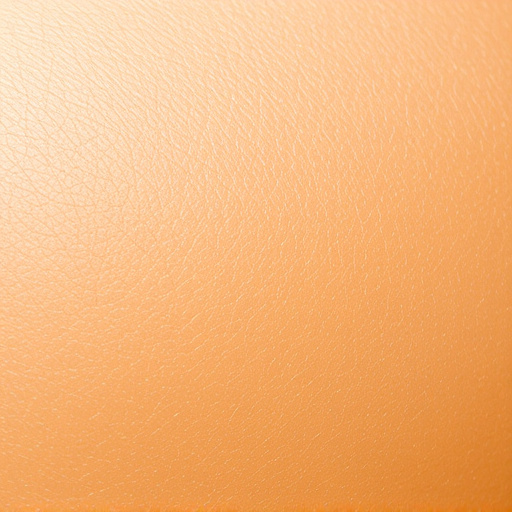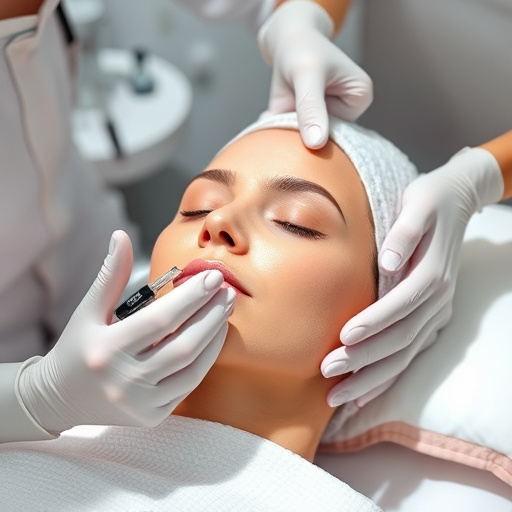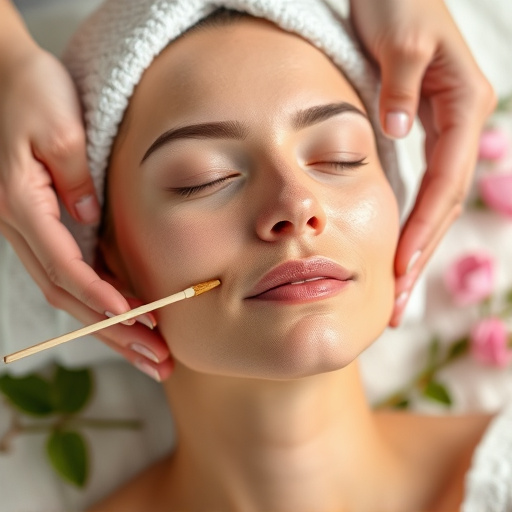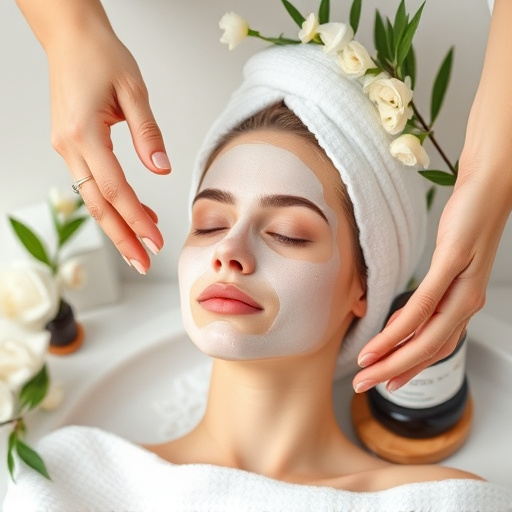Understanding your skin type is key to effective acne facial treatment. Skin types range from normal to dry, oily, or combination, each requiring unique care. Personalized treatments like exfoliation, mask application, and targeted product use manage acne. Customized acne facial treatments, tailored to individual needs (e.g., deep cleaning for oily skin, hydration for dry skin), offer better results than one-size-fits-all approaches. Ingredients like salicylic acid, AHAs, hyaluronic acid, niacinamide, vitamin C derivatives, and retinoids enhance acne facial treatment effectiveness, addressing acne and improving overall skin health.
Acne, a common skin concern, can be best tackled with a customized facial treatment tailored to one’s unique skin type. Understanding that skin types vary greatly—from oily to dry, sensitive to combination—is key to effective acne management. This article delves into how to adapt an acne facial treatment based on individual skin characteristics, focusing on the most impactful ingredients and techniques for personalized care. Discover a clearer complexion with our guide to the perfect customized acne facial treatment.
- Understanding Skin Types and Their Impact on Acne
- Tailoring the Acne Facial Treatment to Your Skin Type
- Effective Ingredients and Techniques for a Customized Approach
Understanding Skin Types and Their Impact on Acne
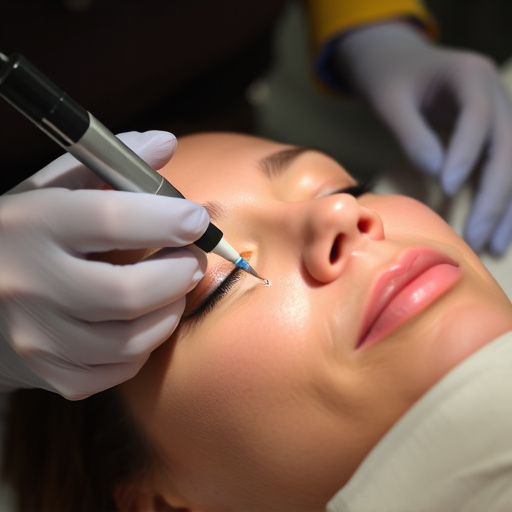
Understanding one’s skin type is a pivotal step in effective acne facial treatment. Skin types range from normal to dry, oily, or combination, each with distinct characteristics and requirements. For instance, those with oily skin often struggle with excess sebum production, leading to clogged pores and acne outbreaks, while dry skin types might experience inflammation and redness due to lack of moisture. Identifying your skin type allows for personalized approaches to management.
This customization extends beyond basic cleansing routines. Targeted treatments like exfoliation, mask application, and specific product formulations can alleviate acne and promote healthier skin. Moreover, integrating aesthetic treatments that focus on skin brightening and wrinkle reduction can enhance the overall appearance, providing a more balanced and radiant complexion as part of your customized acne facial treatment plan.
Tailoring the Acne Facial Treatment to Your Skin Type
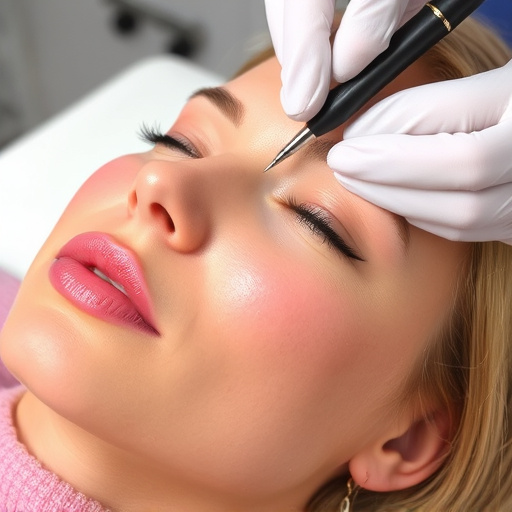
When it comes to tackling acne, a one-size-fits-all approach rarely yields optimal results. That’s why a customized acne facial treatment based on your skin type is so effective. Skin types vary greatly—from oily and acne-prone to dry and sensitive—and each requires a tailored strategy. For instance, individuals with oily skin might benefit from deep cleaning and pore refinement techniques to cut down excess sebum production and unclog pores. In contrast, those with dry skin may require intensive hydrating facials to restore moisture balance without over-drying the complexion.
By understanding your skin’s unique needs, estheticians can incorporate targeted treatments like body contouring (for reducing inflammation) or specific product applications designed to address common acne concerns. This personalized approach not only enhances the effectiveness of the acne facial treatment but also ensures that your skin receives the precise care it deserves, leading to clearer, healthier-looking skin.
Effective Ingredients and Techniques for a Customized Approach
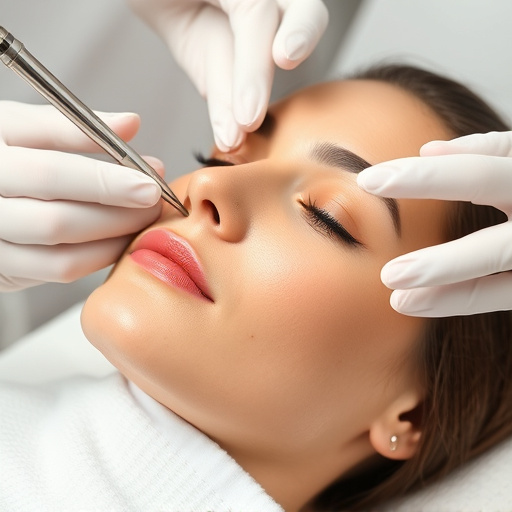
In crafting a customized acne facial treatment, it’s crucial to leverage effective ingredients and techniques tailored to each skin type. For instance, for oily skin types, a deep cleaning regimen with salicylic acid can help unclog pores and reduce inflammation. Combined with gentle exfoliation using alpha hydroxy acids (AHAs), this approach can significantly minimize the appearance of acne and prevent future breakouts.
For dry or sensitive skin, a more nourishing routine is indicated. Incorporating ingredients like hyaluronic acid and niacinamide in the acne facial treatment can restore moisture levels, strengthen the skin barrier, and soothe irritations. Techniques such as chemical peels, when used sparingly, can also benefit these skin types by removing dead skin cells and promoting cell turnover without causing further dryness or irritation. Additionally, focusing on skin brightening agents like vitamin C derivatives can help even out skin tone and reduce the appearance of post-acne scars, while wrinkle reduction techniques using retinoids (after initial hydration) can subtly enhance skin texture and elasticity over time.
In conclusion, a customized acne facial treatment based on skin type is the key to achieving clear, healthy skin. By understanding your unique skin characteristics and tailoring treatments accordingly, you can effectively target acne while preserving and enhancing your skin’s natural balance. Incorporating specific ingredients and techniques for your skin type ensures a personalized approach that delivers noticeable results, transforming your skincare routine into a powerful tool for maintaining flawless, radiant skin.



